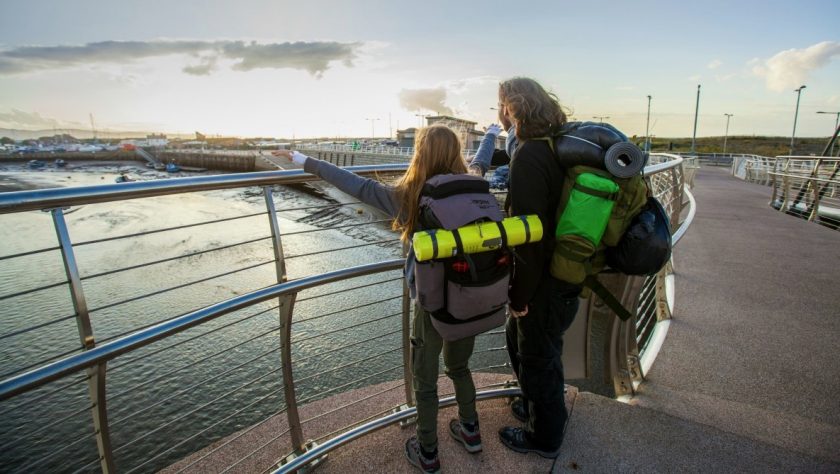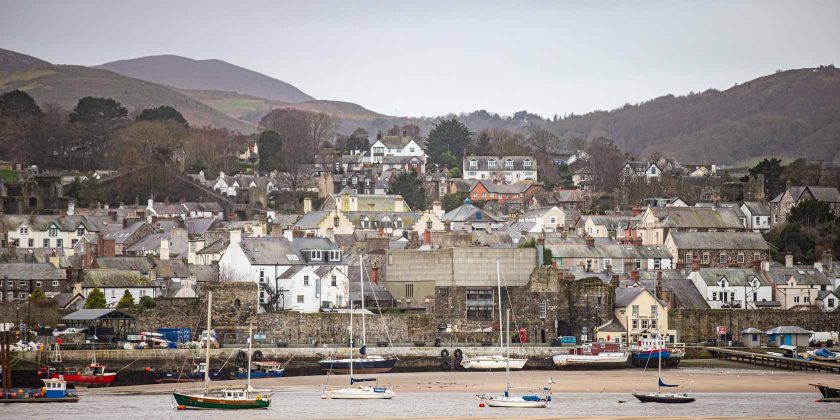Welsh Government launches consultation on plans for a tourism tax in Wales

A consultation on plans to give local authorities in Wales the powers to introduce a tourist tax has been launched by the Welsh Government today.
Ministers say the levy would be a small charge paid by people staying overnight in accommodation in Wales.
But the hospitality industry in Wales has previously said the sector can do without the “extra worry of a visitor levy hanging over cash-strapped businesses.”
Tourist levies are common in many destinations across the world with more than 40 countries introducing some form of a local visitor charge.
Levies are used to finance the maintenance and upkeep of tourist facilities as well as caring for the environments that tourists visit.
“A discretionary visitor levy for local authorities in Wales would represent a very small proportion of a visitor’s overall spend.” The Welsh Government has said.
Each local authority in Wales will have the power to decide if they want to introduce a visitor levy, and the money raised will be re-invested in local areas to support local tourism.
Money raised could be used for keeping the beaches and pavements clean, through to maintaining local parks, toilets and footpaths.
According to Sennedd Research, tourist levies, or occupancy taxes, in Europe are charged on short-term stays, usually applying to each person – with exemptions for children – per night. They’re as low as €0.10 in Bulgaria and as high as €7.50 in Belgium.
Levies can also vary by accommodation type, in Paris, for example, levies range from €0.20 for campsites to €3.00 for five star hotels, plus additional departmental and regional taxes paid on all types of accommodation.
This compares to somewhere like Porto where €2 is charged per person per night regardless of where you’re staying.
In some places, such as Berlin (5%) and Vienna (3.2%), levies are charged as a percentage of the accommodation cost.

Consultation
The extensive consultation seeks views on who should pay a levy, who would be charging and collecting the levy, how the levy could be best applied and how revenues from the tax could be allocated.
Rebecca Evans, Minister for Finance and Local Government, said:
“These proposals are about preparing for the future. Our intention is to bring about a sense of shared responsibility between residents and visitors, to protect, and invest in, our local areas.”
“By asking visitors – whether they have travelled from within Wales or from further afield – to make a small contribution towards maintaining and enhancing the place they are visiting, we will encourage a more sustainable approach for tourism.”
Proposals for a visitor levy have been progressed through Welsh Government’s Co-operation agreement with Plaid Cymru. Plaid Cymru Designated Member Cefin Campbell said:
“While Wales may be the first place in the UK to introduce such a levy, we do not believe it will be the last – as we have seen recently, a visitor levy may soon be introduced in Edinburgh so Wales is not alone.”
“We want to continue to see a thriving tourism industry in Wales. It is vital we have sustainable, responsible tourism that works both for visitors and for the communities they are visiting.”
“Should local authorities decide to implement a visitor levy, it could make a real difference in communities across Wales to help develop and protect local services and infrastructure. We welcome all views in understanding what would work well for Wales and encourage everyone to contribute to the consultation.”
The Wales Tourism Alliance (WTA) acknowledges the use of tourism levies in other countries, but emphasises that where levies are implemented, rates of VAT are typically lowered on tourism and hospitality.
With the current UK-wide rate of VAT, the WTA suggests introducing a tourism levy would be a form of “double taxation” when compared to other destinations.
It’s also concerned the additional cost might discourage visitors on lower incomes from coming to Wales, or travelling within Wales itself.
UK Hospitality Cymru has labelled the tourism levy as “the wrong tax at the wrong time”, given the impacts of the pandemic on the sector.
It has also said that increased prices might push customers to competitors, with Llandudno Hospitality Association expressing similar observations about the impact that a levy could have on the competitiveness of Wales with other tourist destinations in the UK.
Anglesey Tourism Alliance recognises tourism levies work in other destinations, but warns against a “knee-jerk reaction” and calls for consultation with the sector and visitors.
Welsh Conservative Shadow Tourism Minister, Tom Giffard MS said:
“The Labour Government, despite near-unanimous opposition from the Welsh tourism industry, are pressing ahead with their so-called visitor levy. This tourism tax could add a cost of £75 to a family holiday in Wales during a cost-of-living crisis.
“This policy will put livelihoods at risk as 1-in-7 jobs – 200,000 rely on the tourism industry. What’s more, there has been no guarantee that this tax would see any improvement to tourism offers in local communities, and the proceeds are instead likely to get sucked up into council coffers.
“The decision to press ahead with this policy is nothing short of arrogance from the Labour Party, a symptom of their perpetual rule here in Wales.”
You can take part in the consultation here: https://gov.wales/visitor-levy
Spotted something? Got a story? Email: [email protected]
Latest News
